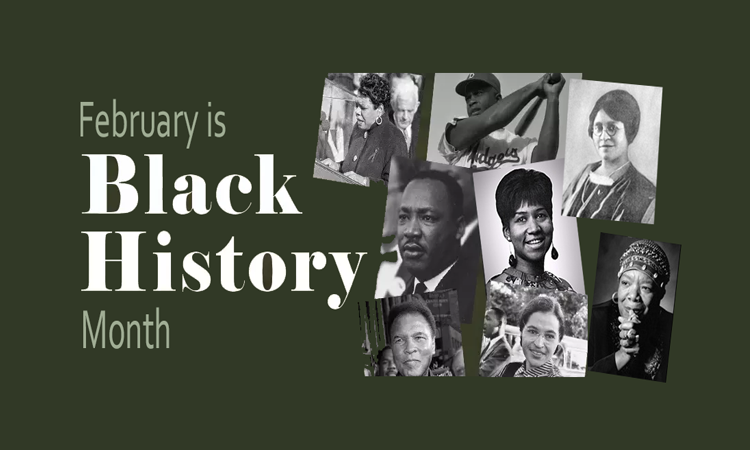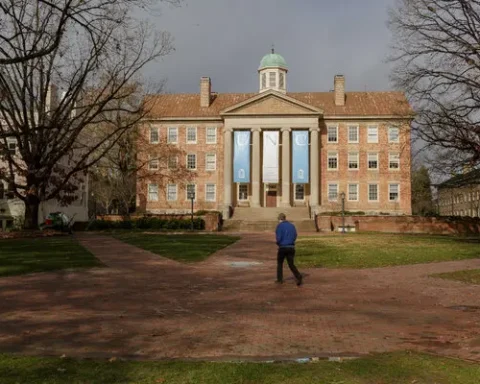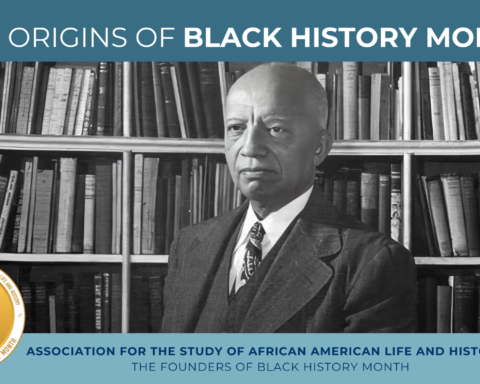By Jessica A. Botelho
Despite rumors and misinformation, President Donald Trump recognized February 2025 as National Black History Month.
As White House Press Secretary Karoline Leavitt promised, Trump signed a proclamation on Friday to honor the annual observance.
“Every year, National Black History Month is an occasion to celebrate the contributions of so many black American patriots who have indelibly shaped our Nation’s history,” the president noted in a news release.
Throughout our history, black Americans have been among our country’s most consequential leaders, shaping the cultural and political destiny of our Nation in profound ways,” he added. “American heroes such as Frederick Douglass, Harriet Tubman, Thomas Sowell, Justice Clarence Thomas, and countless others represent what is best in America and her citizens. Their achievements, which have monumentally advanced the tradition of equality under the law in our great country, continue to serve as an inspiration for all Americans.”
Trump also urged public officials, educators, librarians, as well as all Americans, to observe February “with appropriate programs, ceremonies, and activities.”
During a news briefing Friday afternoon, Leavitt clarified that Trump planned to ink the proclamation when she was questioned by a reporter.





